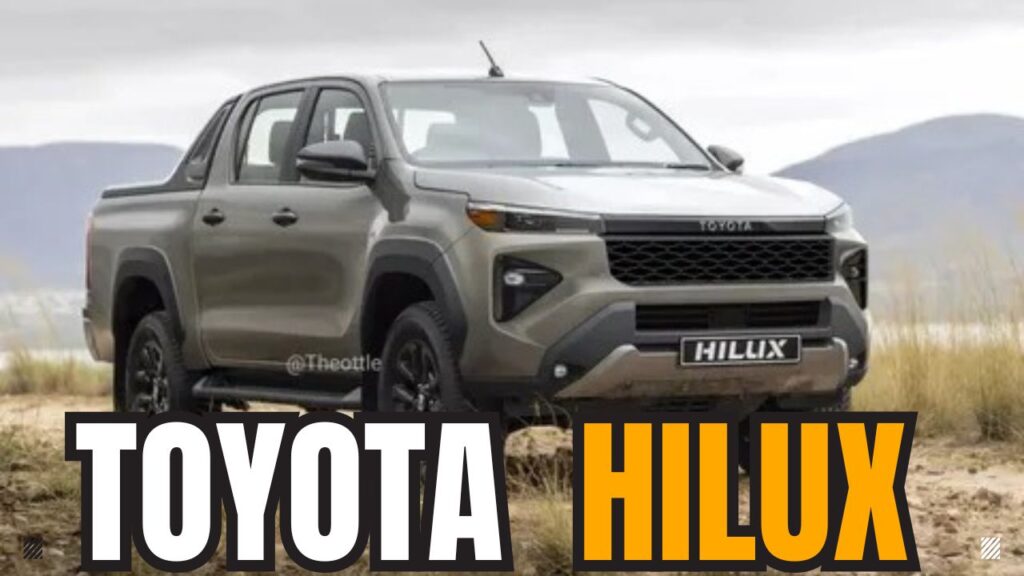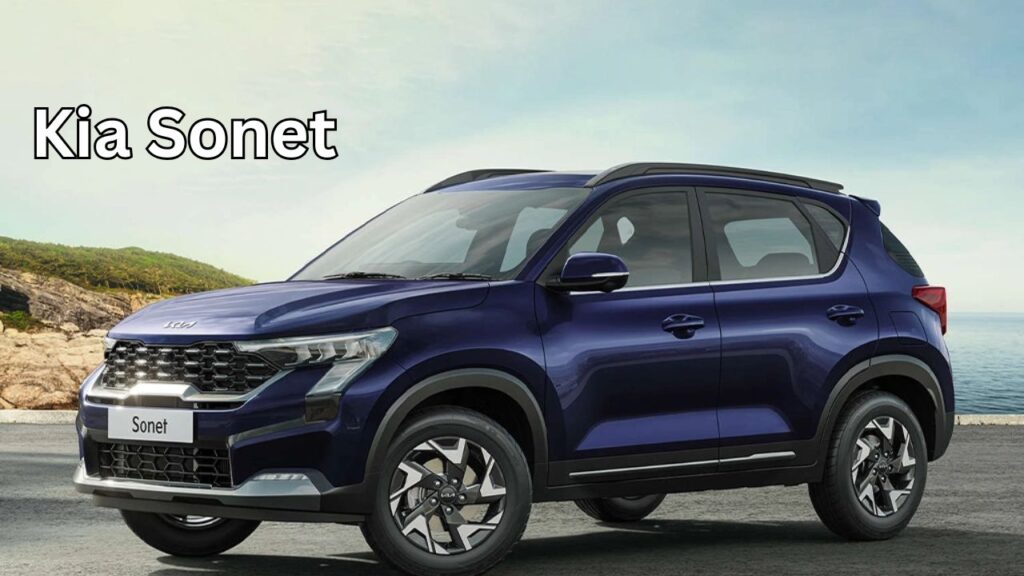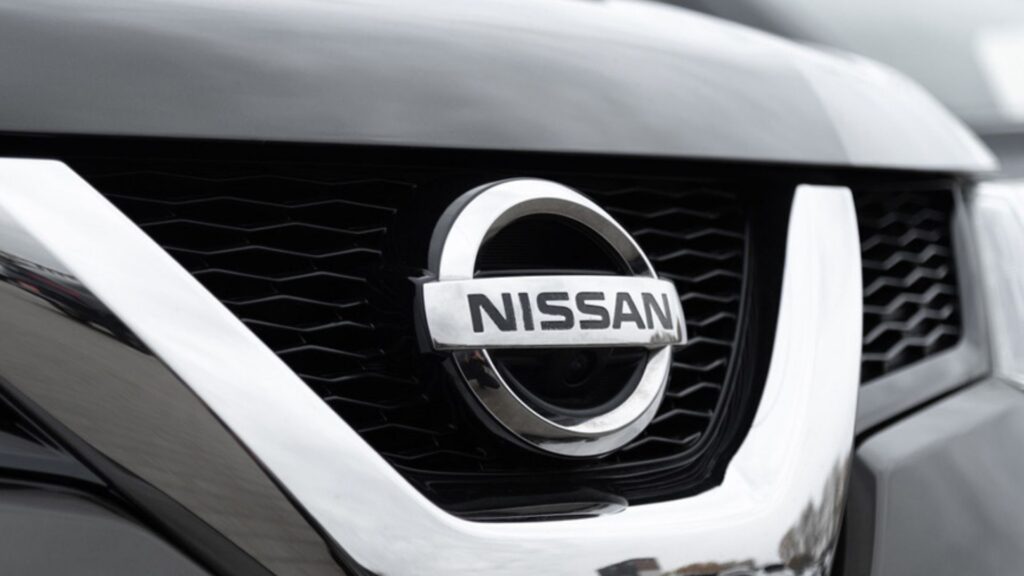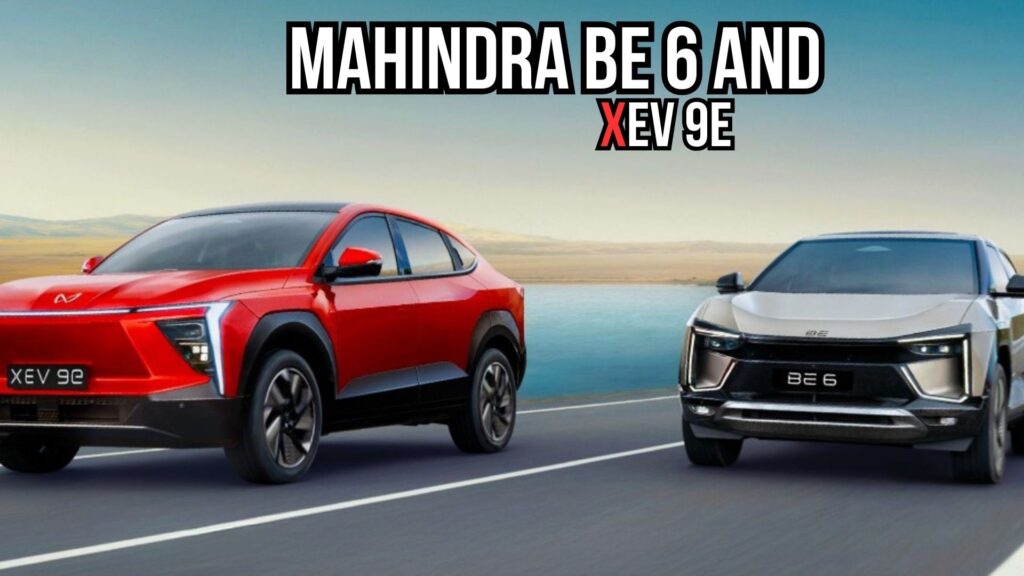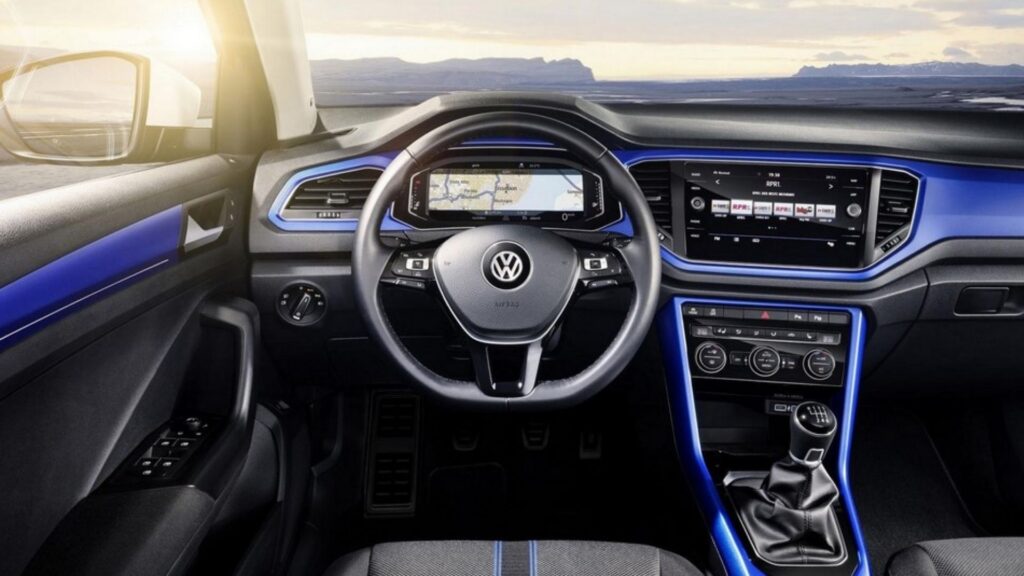Ford has clarified its stance on the future of the Mustang lineup, stating that it does not plan to release a fully electric Mustang sports car any time soon. While the Mustang Mach-E exists as an all-electric crossover, the iconic Mustang coupe and convertible will continue to rely on gasoline engines for the foreseeable future. CEO Jim Farley recently reaffirmed that Ford intends to preserve the muscle car heritage of the Mustang, highlighting both consumer demand for combustion engines and the challenges of producing affordable electric sports cars.
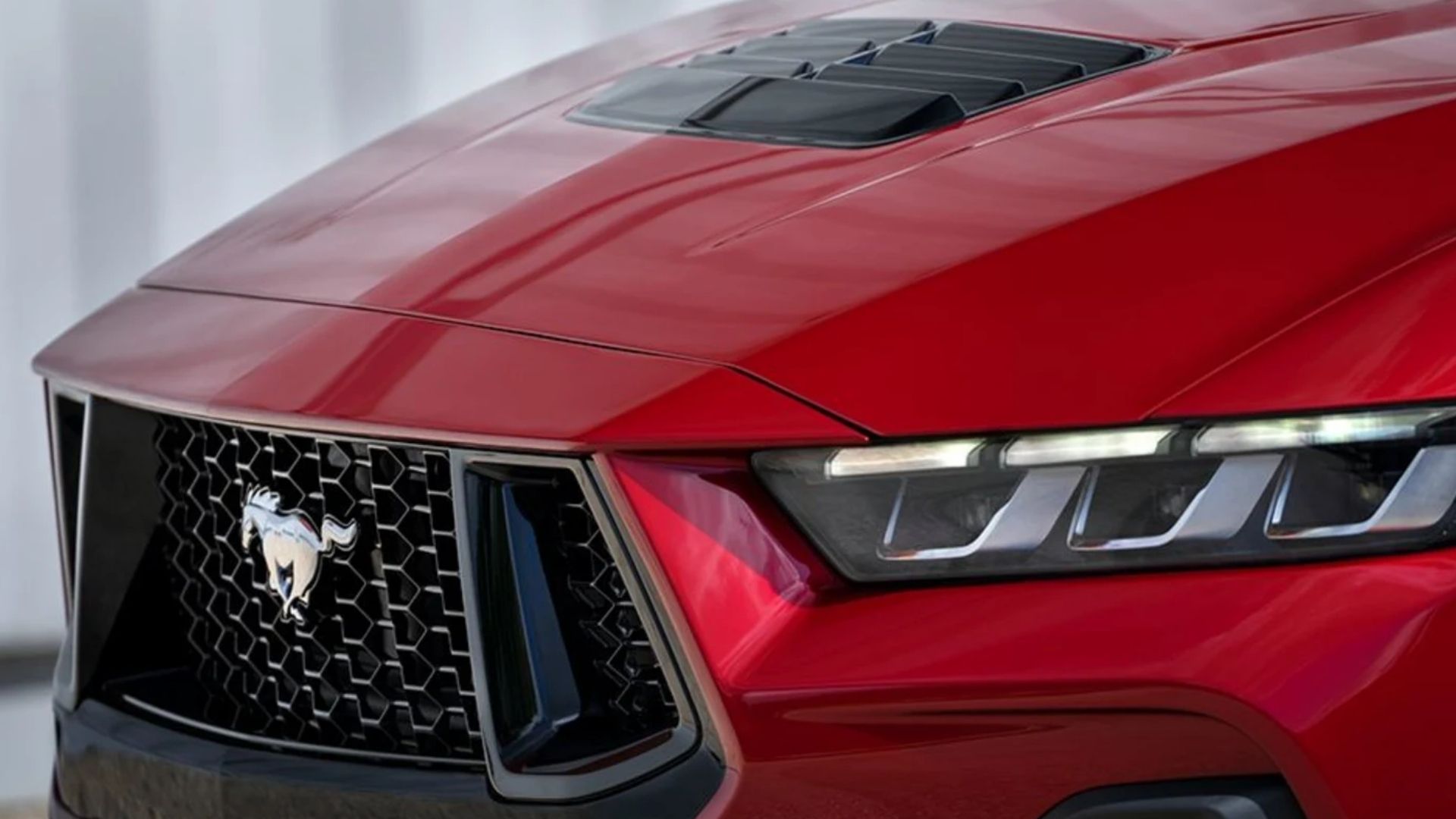
The Mustang’s Place in Ford’s Lineup

The Ford Mustang is one of the most recognizable performance cars in the world, with a history spanning six decades. Since its debut in 1964, the Mustang has symbolized American automotive culture and has become synonymous with accessible performance.
In 2019, Ford introduced the Mustang Mach-E, an all-electric crossover, to expand the Mustang brand into the EV space. While controversial among enthusiasts, the Mach-E has become a strong seller in the EV market. However, when enthusiasts ask about an “electric Mustang,” they are usually referring to the sports car, not the crossover.
Summary Table
Topic |
Details |
|---|---|
Announcement |
Ford CEO Jim Farley confirmed no electric Mustang sports car is planned |
Existing EV |
Mustang Mach-E (electric crossover) |
Timeline |
Mustang sports car will remain gasoline-powered for at least five more years |
Enthusiast Trends |
Preference for gasoline sports cars like Miata, Charger, Elantra N |
V8 Future |
Ford aims to keep it alive “as long as God and politicians allow” |
Starting Price |
Approx. $32,000 for base Mustang sports car |
Official Site |
No Electric Mustang Sports Car Planned
According to a new report from Automotive News, Ford has no plans to build a fully electric Mustang sports car in the next five years. While internal discussions once considered an EV version of the coupe, Ford has scrapped the idea after reviewing market trends and consumer interest.
CEO Jim Farley emphasized that enthusiasts continue to favor gasoline-powered sports cars. The current generation Mustang, starting at around $32,000, remains an affordable entry point into performance driving. By comparison, electric sports cars are not only expensive to engineer but also face challenges in delivering the raw emotional appeal that combustion engines provide.
Why Sports Car Enthusiasts Prefer Gasoline
The sports car market is proving to be stubbornly resistant to electrification. While EVs dominate headlines, several examples show that enthusiasts continue to choose internal combustion models over electric alternatives:
-
Dodge Charger and Challenger: Dodge’s new inline-six-powered Charger has received more buzz than its electric variant.
-
Hyundai N Performance Line: While the Ioniq 6 N is an advanced electric performance car, the gasoline-powered Elantra N was the model that set sales records in 2023.
-
Mazda MX-5 Miata: The lightweight, gasoline-powered Miata continues to hold the crown as the best-selling roadster in the world.
These examples demonstrate that affordability, driving feel, and accessibility remain the priorities for enthusiasts. Electric sports cars currently cannot deliver on all these points simultaneously.
Ford’s Commitment to the V8
One of the Mustang’s most defining traits is its V8 engine. CEO Jim Farley has openly said that Ford wants to keep the V8 alive “as long as God and the politicians let us.” This comment reflects both Ford’s dedication to the muscle car identity of the Mustang and the uncertainty surrounding future emissions regulations.
Global and U.S. regulatory environments are tightening with stricter emissions rules. While hybrid and smaller-displacement engines are becoming common across the industry, Ford’s commitment to offering a V8 shows its intent to preserve tradition for as long as possible.
The Future of the Mustang
The Mustang is expected to continue in its current gasoline-powered form for at least the next five years. By the time the model is due for a new generation, regulatory and consumer landscapes may have shifted significantly.
While EV technology is advancing quickly, the challenge for automakers is to create an electric sports car that is both affordable and true to the emotional appeal of a traditional Mustang. Until then, Ford appears committed to internal combustion, with the Mach-E serving as its only electric Mustang offering.
Key Takeaways
-
Ford has no plans for an all-electric Mustang sports car in the near future.
-
The Mustang Mach-E remains the only electric model carrying the Mustang badge.
-
Enthusiasts still prefer gasoline-powered sports cars, citing affordability and driving feel.
-
Ford is determined to keep the V8 engine alive for as long as possible despite regulatory challenges.
FAQs
1. Is Ford making an all-electric Mustang sports car?
A. No, Ford has no plans to release a fully electric Mustang sports car for at least the next five years.
2. What about the Mustang Mach-E?
A. The Mustang Mach-E is Ford’s all-electric crossover that carries the Mustang name, but it is not considered a replacement for the Mustang coupe or convertible.
3. Will the Mustang keep its V8 engine?
A. Yes, Ford intends to keep offering a V8 engine as long as regulations allow.
4. Why isn’t Ford making an electric Mustang coupe?
A. Sports car buyers continue to prefer gasoline engines, and building an affordable EV sports car that delivers Mustang-like performance is not currently viable.
5. How much does a Mustang cost?
A. The base Mustang starts at approximately $32,000 in the U.S.
For More Information Click HERE
